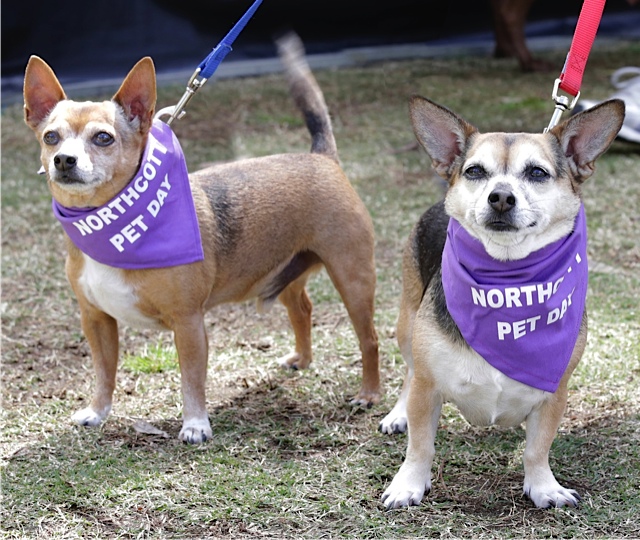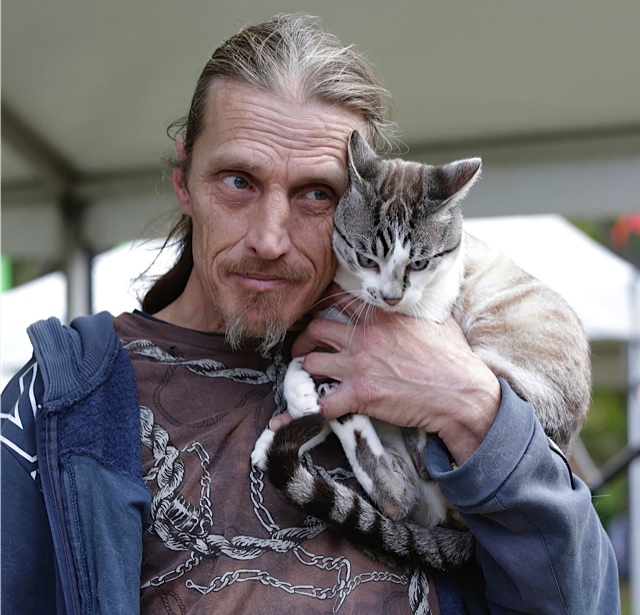In 2008 Crookwell Veterinary Hospital’s co-director Jennie Churchill created the Northcott Pet Day to support pets and people living in public housing estates across the City of Sydney. Jennie, with the support of Crookwell Veterinary Hospital and Rob as a volunteer vet, is still part of the organising team and works with major sponsor the City of Sydney, the Surry Hills Public Tenants Association and the event's new partner, RSPCA NSW. RSPCA staff have become increasingly involved over the past 9 years and now have a significant role in organising and delivering the event.
Built in 1961, Northcott is one of several large public housing estates in the City of Sydney area. Once notorious and dangerous, Northcott continues to have significant social problems. The Pet Day, held in Ward Park next to the Northcott public housing estate, is a way to provide practical support and encourage residents and the local community to participate and interact.
The September 2015 event was the 8th annual Northcott Pet Day. Fifty-five keen veterinary science students from the Faculty of Veterinary Science at the University of Sydney volunteered a Saturday to give free pet health checks to over 260 pets – 216 dogs and 45 cats. Since the event began, vet students have delivered over 1,400 free pet health checks, supervised by volunteer vets. Here are some images from the day:










Every pet owner gets a giveaway bag of treats for their pets, all dogs and cats are wormed and treated against fleas, the City of Sydney provides free microchipping, free desexing for the pets of pensioners and a community BBQ. Sponsors Mars Petcare attend every year, providing nutritional advice and free Advance pet food samples. Stallholders, including the Cat Protection Society, Housing NSW and RSPCA, speak with people about their pets and their own personal needs. And the amazing Norwest Thunderdogs, the national champion Fly Ball team, entertain the crowds.
Both Jennie and Rob Churchill remain involved and, as Rob says, “Over eight years the event has remained focused on providing practical and emotional support to people whose pets are incredibly important to their health and well-being, but who are often disadvantaged and without the means to access veterinary services.”
For the vet students, it’s valuable experience. They understand that pets can be a lifeline for many public housing tenants and volunteer their day to speak with a wide range of pet owners, many of whom live with mental health problems and other life challenges.
“Watching these vet students consulting with such patience and compassion makes me feel the future of veterinary science is in wonderful hands. It’s a win win – for the owners and their pets, and for the vet students who gain wonderful hands-on experience,” says Jennie.
All images above by Helen White (www.helenwhitephotography.com). And below are some photos from the 2012 Northcott Pet Day. Note the bandanas – in 2012 we even roped in the wonderful women of the Crookwell and Goulburn CWA to sew 200 dog bandanas!